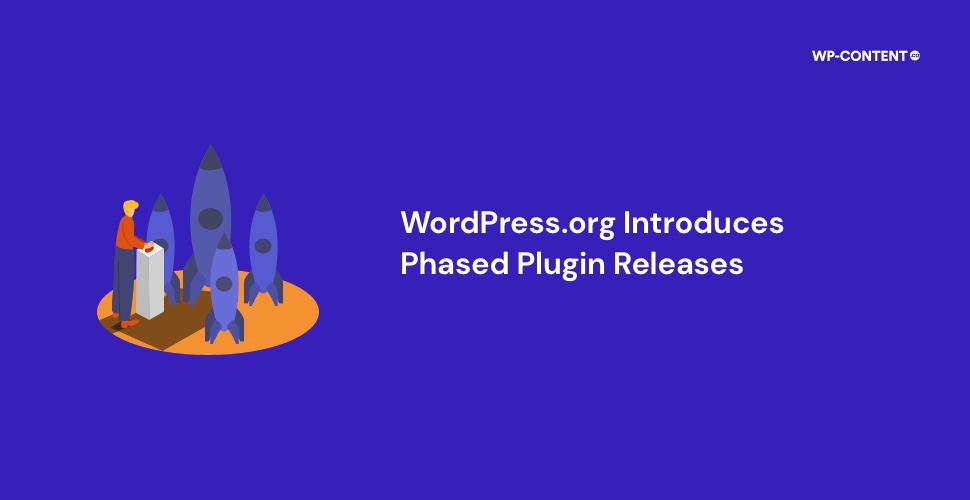Based on the initial proposal by Matt Mullenweg, WordPress.org has introduced a new plugin update approach called “phased plugin releases,” designed to make updates available to a limited number of sites before a broader rollout. The new plugin update workflow gives plugin developers a chance to identify problems earlier, before they affect the entire user base.
The Initial Proposal
Matt Mullenweg explained that the idea of staged rollouts is not new, pointing to how other platforms handle software updates as stated, “It’s very common in other app stores and marketplaces to support a method that allows developers to roll out a release to a random subset first, gather feedback, and then deploy it to 100% of users as they gain confidence in the stability and reliability of the update.”
He added that this method is not meant to replace beta testing, but to provide feedback from a broader range of sites and hosting environments, something he noted many plugin authors, particularly larger ones, have been asking for as highlighted, “ This isn’t a replacement for beta plugins and QA, but rather a way to gather feedback from a wider range of sites and hosting environments. This has been something I’ve heard a lot of requests for from plugin authors, particularly the larger ones.”
How Phased Releases Work
Under the new approach, plugin updates can first reach a smaller group of sites before becoming available to everyone. The aim is to give developers time to identify unexpected conflicts or issues without affecting the full user base.
Initially, the rollout is limited to plugins that opt in through Release Confirmation as stated by Dion Hulse, “ Initially this has been limited to plugins using Release confirmations. This means a plugin has to explicitly opt-in to using this feature at the time of the plugin’s update release.”
Currently, the update workflow allows plugin authors to delay the update by 24 hours as highlighted, “ To start with, only one strategy is offered, Delay Auto-updates for 24 hours”.
During this window, site administrators can choose to update the plugin manually, but automatic updates will be paused for the first 24 hours. The expectation is that early adopters who update manually may report any problems before the update is automatically applied to all sites.
Current Limitations
At present, the 24-hour time frame delay only applies to sites running WordPress 6.6 or newer. While WordPress.org can track how many sites have updated a plugin, it cannot tell whether those updates were applied manually or automatically. In addition, the effectiveness of the system depends on third-party update tools respecting the new flag to delay updates.
What�??s Next
Future updates will depend on developer feedback, with possible enhancements including gradual percentage-based rollouts, better monitoring for issues such as errors or negative reviews, and clearer statistics on how many sites have adopted a new version.
The team is now seeking feedback from plugin authors. Key areas include whether developers plan to use phased releases, what strategies would make the system more useful, and what indicators would help confirm an update’s success.



